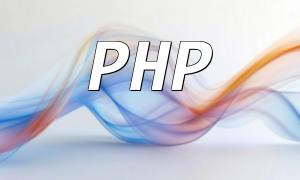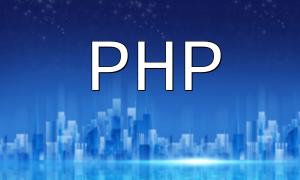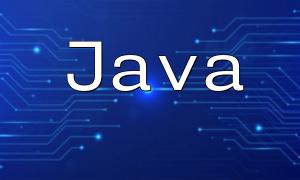PHP, a widely used web development language, is known for its flexibility and efficiency. However, developers often face various challenges and issues during PHP development. This article will discuss common problems in PHP development and share effective solutions to help developers enhance application performance, security, and maintainability.
As business needs grow, PHP applications may face performance bottlenecks, such as slow response times or an inability to handle high traffic loads.
Solution: Using caching mechanisms, optimizing database queries, and employing efficient algorithms and data structures can significantly improve performance. Tools like Xdebug and XHProf are useful for pinpointing performance bottlenecks and making necessary optimizations.
PHP’s flexibility can sometimes lead developers to overlook security concerns, making applications vulnerable to attacks such as SQL injection and XSS attacks.
Solution: Following security best practices is essential to mitigating security risks. Measures such as input sanitization, using parameterized queries, preventing XSS attacks, and ensuring secure session management can significantly enhance security. Additionally, using security frameworks and libraries, like the OWASP PHP Project, can help safeguard against potential threats.
The long-term maintainability and scalability of a project depend on high-quality code. However, due to time pressures, developers may sometimes overlook code quality, making it difficult to understand, debug, and maintain.
Solution: Adopting clear coding standards, using meaningful variable and function names, avoiding global variables, adding comments to explain code intent, and organizing code modularly all contribute to better code readability and maintainability.
PHP applications may experience compatibility issues when running on different operating systems and platforms, which can affect stability.
Solution: To avoid platform-specific dependencies, it’s important to use cross-platform development frameworks such as Laravel or Symfony, which help solve cross-platform compatibility issues effectively.
As projects grow and requirements change, PHP applications need constant maintenance and scaling. Without a solid architecture and design, developers may struggle to maintain and scale the application.
Solution: Using object-oriented programming (OOP) principles and design patterns can help developers build maintainable and scalable applications. Additionally, adopting a modular and component-based development approach allows developers to break the application into independent parts, making it easier to maintain and expand.
By exploring common PHP development challenges and their solutions, developers can better tackle issues related to performance, security, code quality, cross-platform compatibility, and maintainability. While each project has unique requirements, applying universal development methodologies and best practices will help create high-performing, secure, and maintainable PHP applications. We hope this article provides valuable insights to PHP developers.









